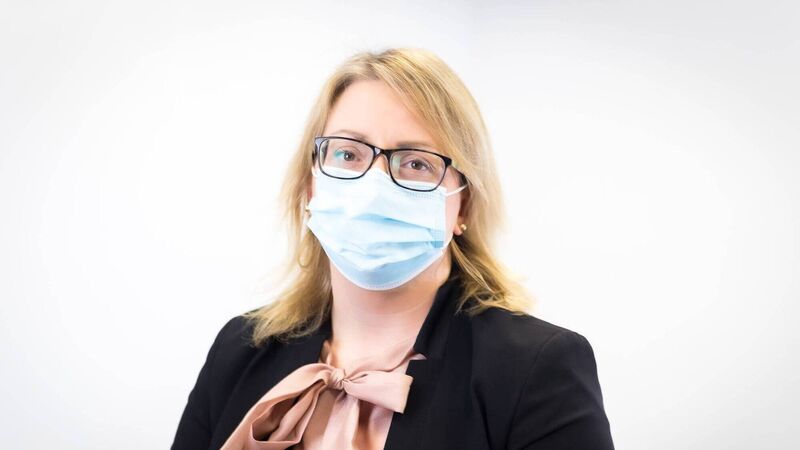Covid-19 response must be 'regionalised' to trace sources of infection – Limerick public health doctor

Dr Marie Casey, a public health specialist in the Mid-West, said localising data would give a better overview of patterns as they emerge.
Investigating and tracing the source of Covid-19 infections will not be possible unless the public health response moves away from the current national model to a more regional one.
That’s according to Dr Marie Casey, a public health specialist in the Mid-West region, who said the response should be regionalised, with allocated contact tracing staff, to enable local teams to respond on the ground.










